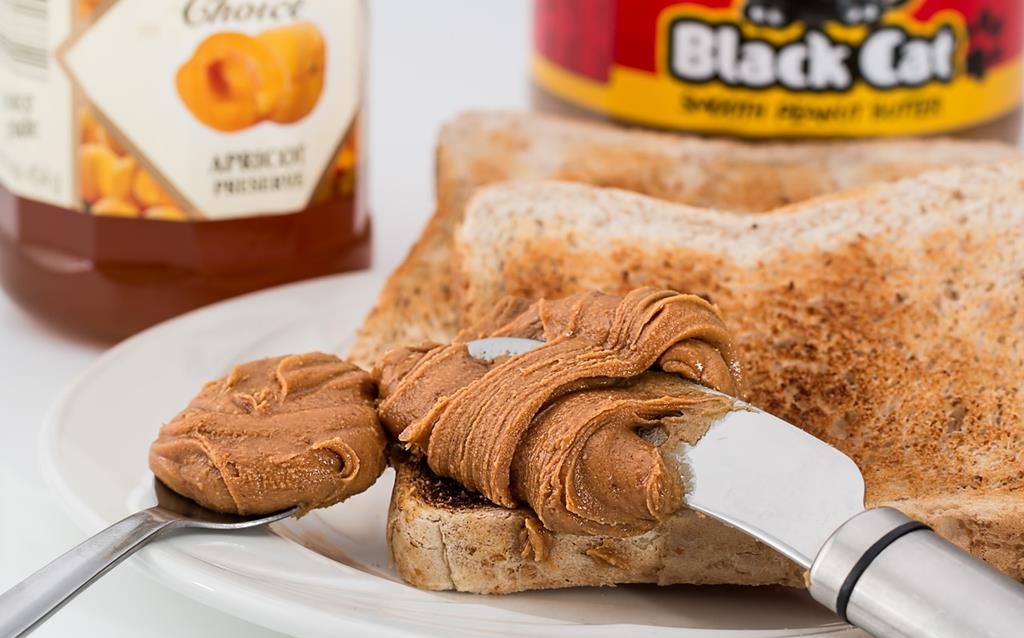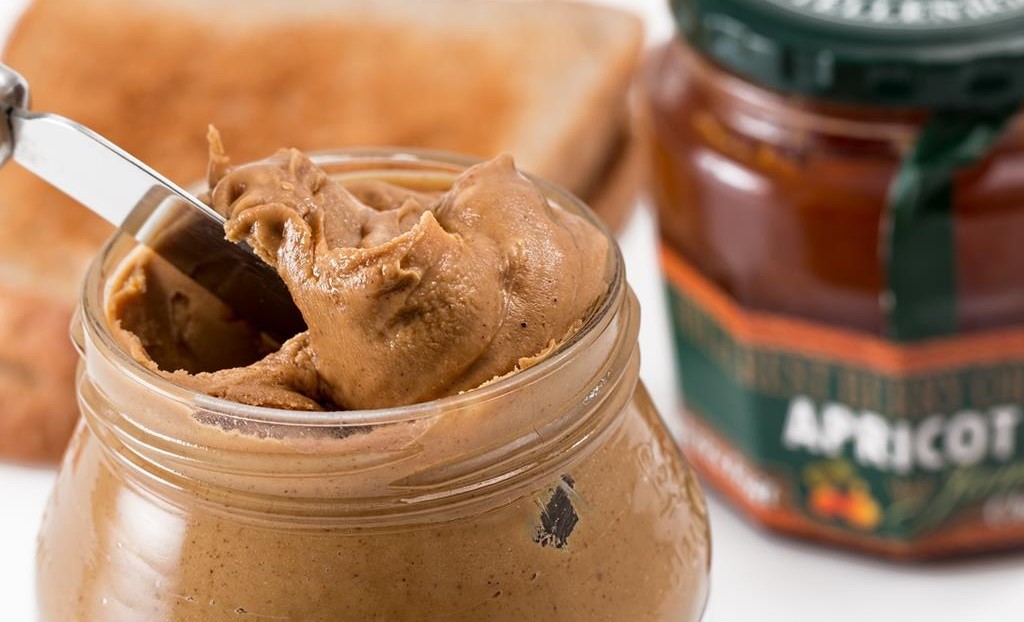Peanut butter is a beloved food for many people, and it often finds its way into our snacks and sandwiches. As a pet owner, you may be curious about sharing a small taste of peanut butter with your feline companion. However, it’s crucial to consider whether peanut butter is safe and suitable for cats. In this article, we’ll explore the question: Can cats eat peanut butter? Let’s separate fact from fiction and provide guidance on this common query.
Understanding Cat Nutrition
Before diving into the specifics of whether cats can eat peanut butter, it’s essential to understand the dietary needs of cats. Cats are obligate carnivores, which means their bodies are adapted to thrive on a diet rich in animal-based proteins. Their systems are optimized for digesting and absorbing nutrients from animal tissues, making meat the primary source of nutrition for these animals.
Key components of a cat’s diet include proteins, amino acids, essential fatty acids, vitamins, and minerals like taurine, vitamin A, and arachidonic acid. These nutrients are essential for maintaining a cat’s overall health, including their coat, skin, and organ function.
Can Cats Eat Peanut Butter?

While peanut butter is not toxic to cats, it’s not an ideal treat for several reasons:
- Nutritional Value: Peanut butter primarily consists of fats and proteins, with a negligible amount of carbohydrates. While the protein content may seem beneficial, it doesn’t provide the essential amino acids and nutrients that cats need in their diet. Therefore, peanut butter offers limited nutritional value for cats.
- High Fat Content: Peanut butter is relatively high in fat, which can be challenging for cats to digest, potentially leading to digestive upset or even pancreatitis if consumed in large amounts.
- Salt Content: Many commercial peanut butter brands contain added salt, which can be harmful to cats if ingested in significant quantities. Excessive salt intake can lead to sodium ion poisoning, causing symptoms like increased thirst, diarrhea, vomiting, and even seizures.
- Xylitol Danger: Some peanut butter brands include the sugar substitute xylitol, which is extremely toxic to cats (and dogs). Ingesting even a small amount of xylitol can lead to a rapid drop in blood sugar levels and liver damage, which can be life-threatening.
- Allergies: Cats can develop allergies or sensitivities to various food items, including peanuts and peanut butter. If you notice any adverse reactions like itching, swelling, or digestive issues after offering peanut butter, discontinue its use immediately.
If You Want to Offer Peanut Butter
If you’re set on sharing a small taste of peanut butter with your cat, follow these guidelines to ensure safety:
- Minimal Amount: Offer only a tiny amount of plain, unsalted, and sugar-free peanut butter as an occasional treat. A small smear on your finger or a lick off a spoon should suffice.
- Check Ingredients: Always read the label to ensure the peanut butter doesn’t contain xylitol or excessive salt.
- Monitor for Reactions: Keep a close eye on your cat after giving them peanut butter. If you notice any adverse reactions, such as gastrointestinal upset or allergic symptoms, discontinue its use.
Conclusion
In conclusion, while peanut butter is not toxic to cats in small quantities, it’s not a suitable treat due to its low nutritional value, high fat content, and potential dangers like salt or xylitol. It’s crucial to prioritize a balanced, meat-based diet for your feline friend to meet their nutritional needs. Instead of offering peanut butter, consider safer and healthier treats specifically designed for cats, or explore homemade cat treat recipes using cat-friendly ingredients. Always consult with your veterinarian if you have concerns or questions about your cat’s diet and treats to ensure you’re providing them with the best possible care.



